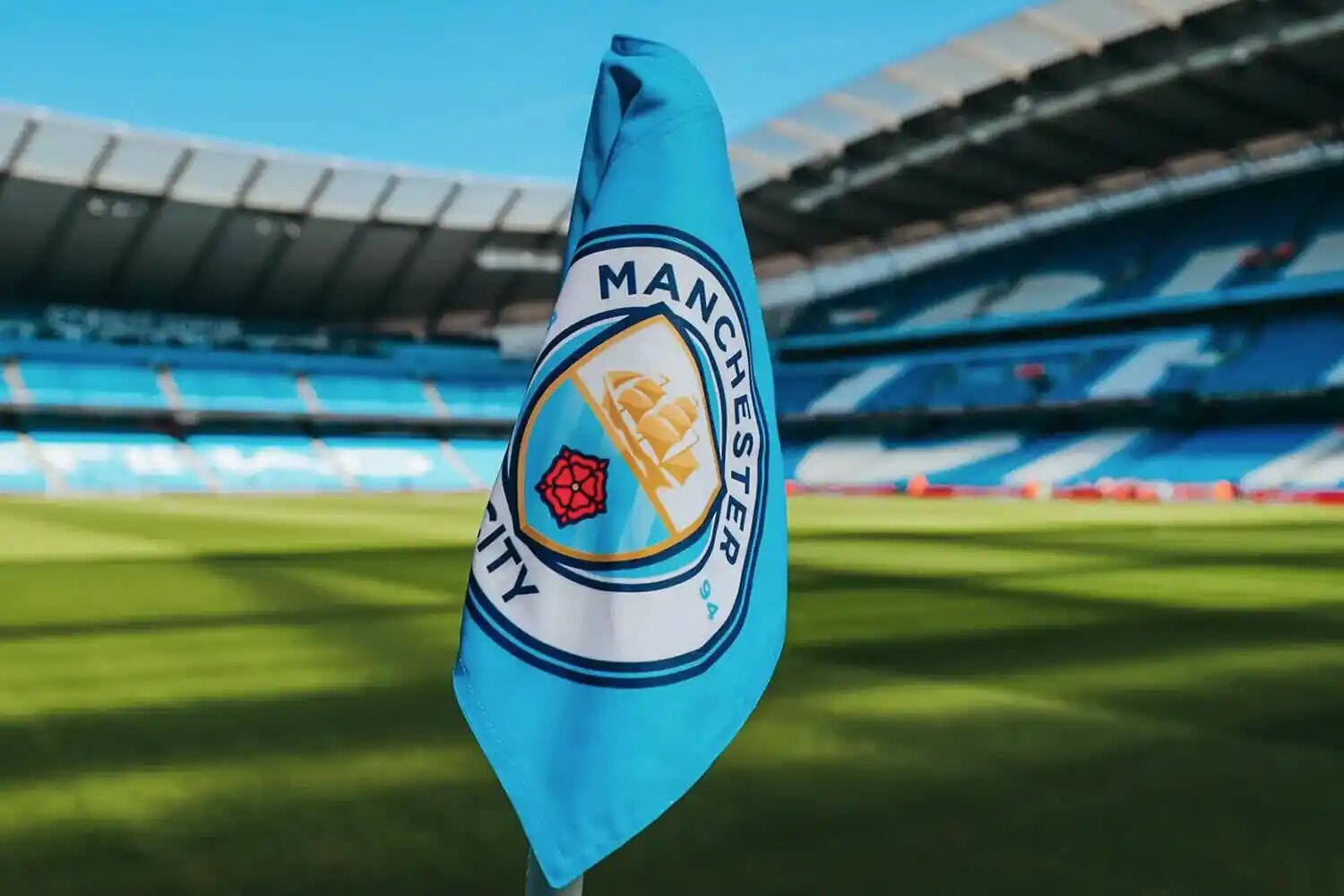I was really grieved to learn today of Neil Young’s passing since he was a true local hero of Manchester City’s illustrious history.I had previously written about Neil’s grueling battle with cancer, and I think the overwhelming support from the City faithful he got before his tragic death at the very early age of 66 encouraged him.
Numerous thousands of football fans will remember Neil today, and he will always be a part of Manchester United’s finest team’s history and culture.
I can do not better than to copy the words of Gary James’ book Manchester The Greatest City and to say how truly sad I feel today at the loss of one of Manchester and Manchester City’s greatest sons.
Many would contend that during City’s successful Mercer-Allison era, Neil Young was the most crucial of all their forwards. During the 1965–1966 Second Division Championship season and the League Championship season the following year, he unquestionably scored the most goals. He and Colin Bell both scored more goals for the team during 1968 and 1969.
 He also succeeded in scoring a few significant and memorable goals during Cup competition. His iconic goal in the 1969 F.A. Cup Final returned the trophy to Manchester, and his goal in the 1970 ECWC Final gave City their first European victory. In order to assist City get to the final, he also scored twice against Schalke in the ECWC semifinal.
He also succeeded in scoring a few significant and memorable goals during Cup competition. His iconic goal in the 1969 F.A. Cup Final returned the trophy to Manchester, and his goal in the 1970 ECWC Final gave City their first European victory. In order to assist City get to the final, he also scored twice against Schalke in the ECWC semifinal.
Young, a Fallowfield native, signed amateur contracts with City on May 15, 1959, and two years later, after demonstrating his talent, he signed professional contracts. He made his debut in the 2-1 loss against Aston Villa in November 1961 and played the remainder of the season. He played in 45 straight League games without missing one until December 1962. Even though he occasionally missed a game, he remained a City regular until late 1971, just before moving on to Preston North End.
He undoubtedly counted himself lucky to have missed the notorious 2-1 loss to Swindon on January 16, 1965, which led to the firing of manager George Poyser. Young’s career was really benefited by the move since, under Mercer and Allison, he appeared to improve as a stronger, better attacker. He undoubtedly profited from Allison’s instruction and coaching methods, but Mercer always believed that Young was the best player on his team: “He has more talent than anyone else in the club.” With a deadly left foot, six feet tall. His right foot also functions! He truly possesses everything.
Young never possessed the same level of self-assurance as other players like Summerbee and Lee, which alarmed Mercer. However, Allison’s time and effort were important in Young’s growth in that direction. However, it must be noted that Young was never the kind of player to brag about his accomplishments or his role in City’s numerous successes; instead, he let his play on the field demonstrate his talent. Sadly, Young was rarely given the recognition he deserved in the media, and by the middle of the 1980s, few people outside of Manchester were truly aware of what the player had accomplished. The focus on Bell, Lee, and Summerbee always seems to dominate videos and publications about City’s finest players, with Young’s significance being hardly discussed. This is wrong.
Young should be remembered for all his many important achievements at Maine Road, and for his often vital goals. He appeared in every significant match of the Mercer-Allison years, apart from the League Cup Final. He was only dropped from that game because he had just become a father, and Mercer and Allison felt his mind should be elsewhere.
In January 1972 he was transferred to Preston after being promised some kind of benefit match. The Blues were still struggling with political battles in the Boardroom and, when these were settled, the new regime did not support Young’s claim. For a long while the former hero boycotted the ground and the whole affair appalled many supporters. Once the fanzine movement developed during the late 1980s stories of Young’s treatment started to appear and, in 1991, steps were taken by various supporters groups to prove that the fans still held great affection for Young even if the directors did not. Various dinners were held with Young as guest of honour.
Young returned to Maine Road when Francis Lee took over the squad in 1994 to witness a few games, and in April 1995, he joined several of his former teammates on the field to commemorate the 25th anniversary of winning the ECWC. a triumph that owes a lot to his aggressive play.

Leave a Reply